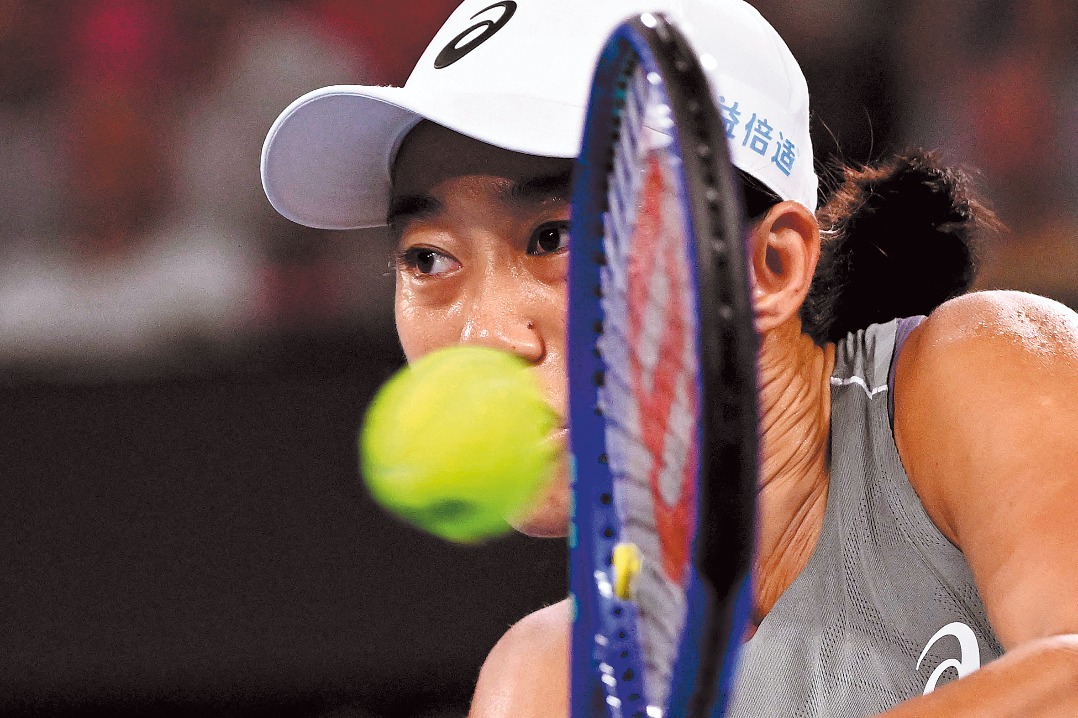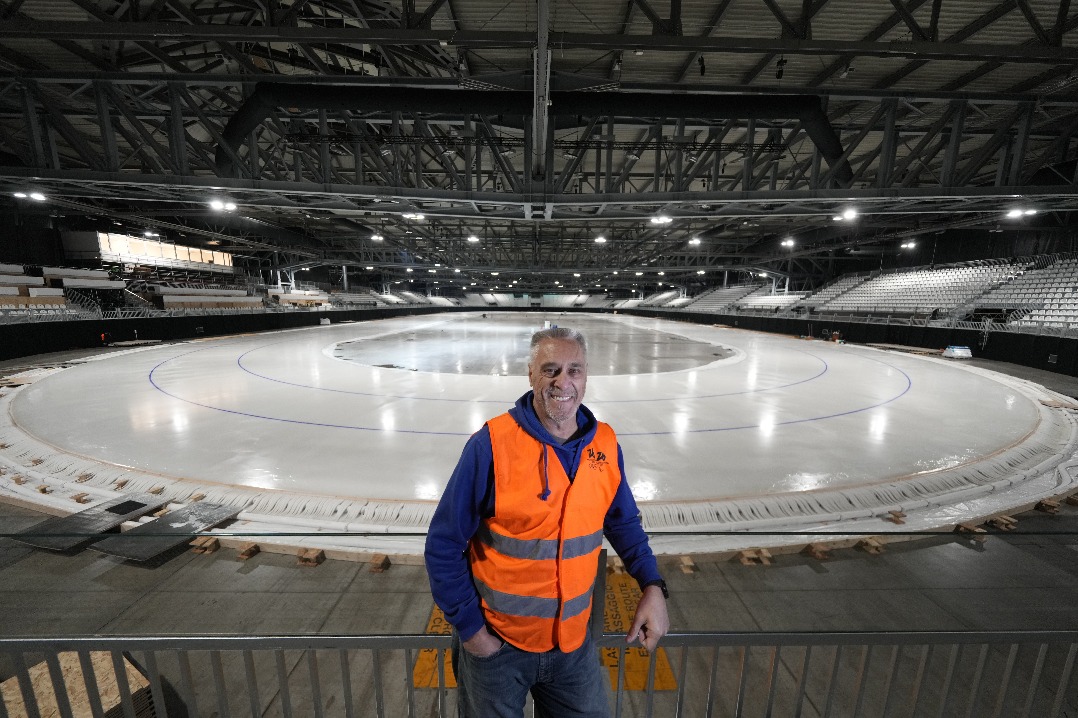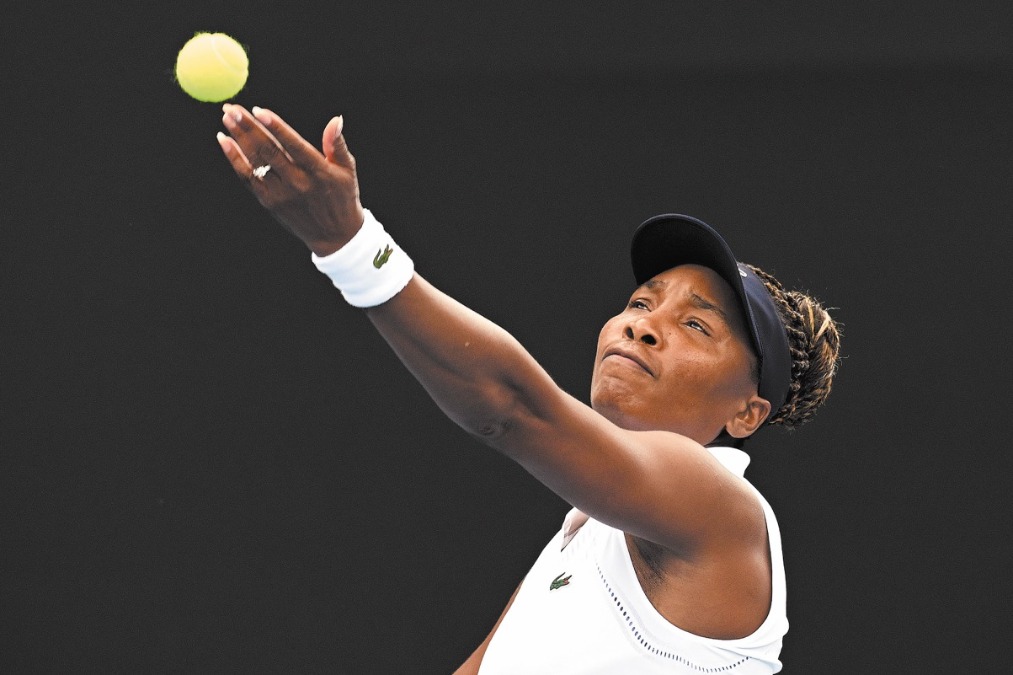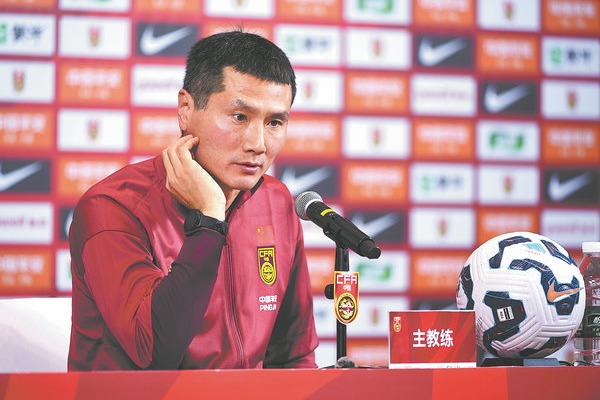Putting passion before paychecks
Hong Kong's handball heroes quit their jobs to help team make history


Team captain Tse Wing-fai, a handball coach who also runs a workout studio, recalled that their training sessions used to take place late at night, squeezed in after long shifts. "Sometimes we couldn't even gather everyone because someone had overtime or an emergency duty," Tse said.
"But the moment we stepped onto the court, the exhaustion disappeared," he added.
Handball — a fast, physical seven-a-side sport that combines the pace of basketball with the contact of rugby — has never been a mainstream discipline in Hong Kong.
The local handball movement began in the 1970s. Although the Hong Kong Amateur Handball Association (now the Handball Association of Hong Kong, China) was founded in 1970, the sport long remained on the fringe due to limited facilities and funding.
When Hong Kong first competed at the National Games in 1997, the hastily assembled team finished ninth. In 2005, they broke into the top eight, and, in 2017, they finished sixth — then a record. But a stubborn cycle persisted: modest results meant limited support, which, in turn, restricted progress.
Without access to the government's elite sports funding tier, the team often trained outdoors on hard concrete courts, managing just one indoor session per week. Weather disruptions were common, and the unforgiving surface heightened the risk of injury.
"Compared to the systematic support enjoyed by professional mainland teams, the gap in training conditions is enormous," said head coach Hui Man-pong.
Most Popular
- China's northernmost province embraces ice and snow sports craze
- Tributes pour in after passing of Go legend Nie, 73
- China's extreme sports season opens with underwater dance event
- China reaches knockout stage for first time in AFC U23 Asian Cup
- China ties Iraq 0-0 in its U23 Asian Cup opening match
- A learning curve





























